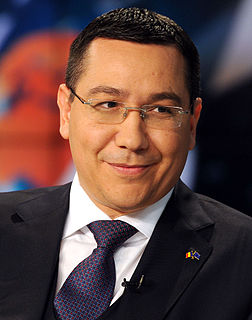A Quote by Orrin Hatch
Our heroes are fighting to bring stability to the Middle East, and they have put pressure on all of the tyrannies of the Middle East. They have taken a stand against tyranny, against terrorists, and for the prospect of decent societies throughout that region.
Related Quotes
There is a real need to construct a different Middle East. The Middle East must change because the world has changed. And instead of oppositional armies that are fighting usually one against another, now we have a net of terrorists that are trying to destroy everything. They are not two; they are hundreds.
Sadly, a U.S. invasion of Iraq 'would threaten the whole stability of the Middle East' - or so Amr Moussa, secretary-general of the Arab League, told the BBC on Tuesday. Amr's talking points are so Sept. 10: It's supposed to destabilize the Middle East. The stability of the Middle East is unique in the non-democratic world and it's the lack of change in Iraq, Iran, Saudi Arabia, Syria, Egypt that's turned them into a fetid swamp of terrorist bottom-feeders.
For too long, many nations, including my own, tolerated, even excused, oppression in the Middle East in the name of stability. Oppression became common, but stability never arrived. We must take a different approach. We must help the reformers of the Middle East as they work for freedom, and strive to build a community of peaceful, democratic nations.
Twenty-five years after the fall of the Berlin Walland the lifting of the iron curtain, troublespots abound: the Middle East and parts of Africa lack a stable regional security architecture; in east Asia, nationalist tendencies and competing ambitions are threatening peace and stability in the region and beyond.
In the story ["The Pyramid and the Ass"] there's this war against the so-called Buddhist Terrorists. As we find out, they're not really terrorists at all, just good folks trying to liberate people from technology and fight against an American government/corporation trying to coopt our souls. The inherent racism and Buddhist-phobia in the story plays into the present demonizing of Islam - and of our loss of knowledge about the great, spiritual history of the Sufis, for example, or the cultural heritage from the middle east.
I think the public is very reluctant to get involved in more foreign wars, especially in the Middle East. And they understand, implicitly, that we go to war in the Middle East because of oil. And if we don't want to go to war in the Middle East, then we have to do something about the oil problem. And I think that view is gaining ground in the U.S.


































